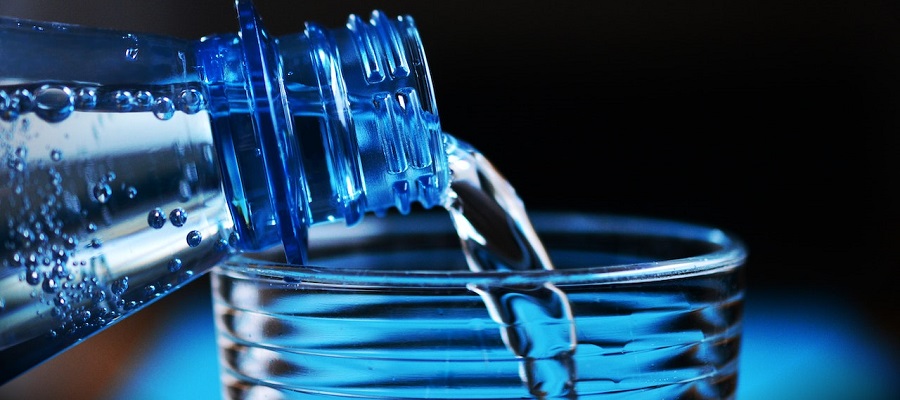In general, bottled water is considered a safe and healthy choice for drinking. It can be a convenient way to hydrate, especially when you are on the go. Most bottled water is purified through a variety of methods, including reverse osmosis, distillation, and UV light treatment, which can effectively remove impurities and contaminants. Additionally, bottled water is regulated by the Food and Drug Administration (FDA), which sets standards for the quality and purity of bottled water.
However, it's important to note that not all bottled water is created equal. Some types of bottled water may contain higher levels of certain minerals or additives, such as fluoride or electrolytes, which can affect its taste and nutritional value. It's always a good idea to read the label and understand the source and treatment of the water you are drinking.
It's also worth considering the environmental impact of bottled water. The production and transportation of bottled water can have a significant carbon footprint, and the disposal of single-use plastic bottles can contribute to plastic pollution. If you are concerned about the environmental impact of bottled water, you may want to consider alternatives such as tap water or reusable water bottles.
Should I drink water from plastic or glas?
Both plastic and glass water bottles can be safe and convenient options for drinking water, but there are some differences to consider.
One factor to consider is the safety of the material. Plastic bottles are generally considered safe for storing water, as long as they are made of high-quality, food-grade materials that are free of chemicals that could leach into the water. Glass bottles are also considered a safe option for storing water, as they are non-porous and do not contain chemicals that could leach into the water. However, glass bottles can be more fragile and prone to breaking, which can be a concern if you are using them on the go.
Another factor to consider is the environmental impact of the material. Plastic water bottles are widely available and can be more convenient for on-the-go hydration, but their production and disposal can have a significant environmental impact. Glass bottles, on the other hand, are more durable and can be reused many times, which can reduce waste. However, the production and transportation of glass bottles can also have a carbon footprint.
Ultimately, the decision of whether to use plastic or glass water bottles may depend on your personal preferences and priorities. Both options can be safe and convenient, but it's important to consider the environmental impact of your choice and to properly care for and maintain your water bottle to ensure its safety and longevity.
Does bottled water expire?
Most bottled water does not have an expiration date, and it can be safely consumed for a long time after it is bottled. This is because bottled water is processed and treated to extend its shelf life and reduce the risk of contamination. However, it is important to note that bottled water can still go bad or become less appealing to drink over time, especially if it is not stored properly.
Exposure to heat, light, and air can all contribute to the deterioration of bottled water quality. High temperatures can accelerate the growth of bacteria and other microorganisms, while exposure to light can cause the water to become stale or develop an off-flavor. Similarly, air exposure can cause the water to absorb odors and flavors from its surroundings, which can affect its taste.
To help ensure the quality and safety of your bottled water, it is important to store it in a cool, dark place and to keep the cap tightly sealed to minimize air exposure. If you notice any changes in the appearance or taste of your bottled water, it is best to discard it and replace it with a fresh supply.


